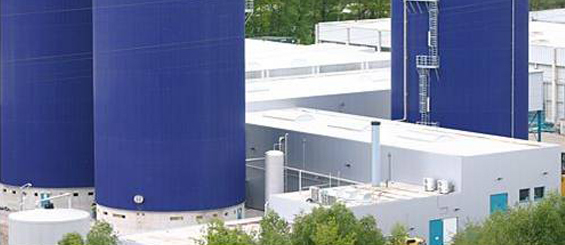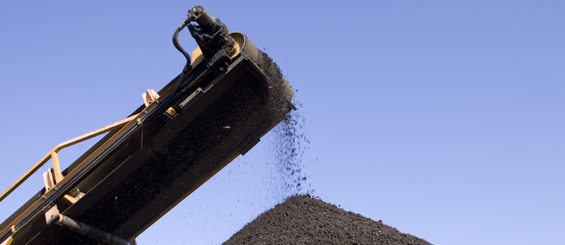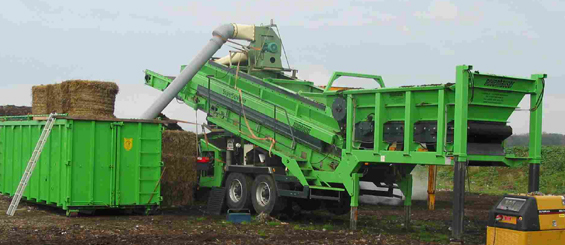 British Standard on oxo-biodegradation of plastics
British Standard on oxo-biodegradation of plasticsBackground information on the recently published standard BS8472
The British Standards Institution has published a standard named BS 8472 "Methods for the assessment of the oxo-biodegradation of plastics and of the phyto-toxicity of the residues in controlled laboratory conditions".
This standard defines a testing scheme to characterise the behaviour of plastics when exposed to artificial weathering (photo-degradation) or heat exposure (heat-degradation). The two degradation mechanisms together are also referred to as "oxo-degradation", because the effect of both heat and light on plastic materials is facilitate its breakdown by oxidation. After artificial weathering tests, the plastic sample is exposed to microbial activity in order to measure possible biodegradation. Results must be provided using a specific format.
BS8472 is a standard method of test and is not a specification. This means that merely the rules for performing a laboratory test are defined, there are no pass or fail criteria for what is an acceptable level of degradation. Consequently, it is not possible to claim conformity of a given material or product with this standard and it is misleading to describe sampled plastic that has undergone one or more of the tests as 'biodegradable'.
The methods of test
For the first part of the test, the test sample is placed either in an artificial weathering device until it falls apart following a rub between the thumb and the first finger, or the same results are obtained by exposure in an oven. No specific temperature or maximum duration of exposure to heat or artificial weathering are defined - they must simply be reported.
The second test provides information on the biodegradation of the fragmented plastic particles obtained after the artificial weathering test(s). The fragments and particles undergo a biodegradation test, which can be can be run for an unspecified period of time.
The scope
BS 8472 is a standard method of test useful to characterise a degradation mechanism based on oxidation possibly followed by biodegradation. BS 8472 provides laboratory test results (not recommendations) about the suitability of the tested products for any particular application.
In essence, given that those undertaking the test can decide on their own the key test parameters, and that any result that can be measured is acceptable, this means it is not possible to make any claim regarding the performance of a plastic product with regard to this test. All that can be claimed is that the test was undertaken.
As a matter of fact, following this standard, any plastic material can be characterised in terms of oxo-bio-degradation. Therefore, some materials will turn out to be strongly photo- or thermo-degradable some others will react scarcely to oxidation. Likewise, fragments produced after oxidation in some cases will show biodegradation while others could show no biodegradation at all. Thus, any claim that "material X complies with BS 8472" is false and misleading, because this test method does not provide pass / fail criteria, merely a system to characterise plastics.
Also, this standard does not enable correlation to performance in any particular environment which is clearly stated in the title "â¦under laboratory conditions." Unfortunately, claims have already been made that this standard simulates the real-world behaviour of plastic products, which get into the environment. This is an example of the possible misuse of this standard test scheme.
Biodegradation in the Waste Policy Framework
The waste policy framework in Europe is founded on recovery. Biodegradability has been considered as a useful characteristic for achieving organic recycling. The relationship between packaging and the environment is well defined in the Directive on Packaging and Packaging waste (94/62/EC). In the Packaging Directive, the meaning of "biodegradable" is unequivocal. It refers to a specific feature that allows organic recycling (composting and anaerobic digestion). Controlled landfills or unlicensed landfills and litter are not part of the European waste policy.
Download
4/7/11
 British Standard on oxo-biodegradation of plastics
British Standard on oxo-biodegradation of plastics




.jpg)


